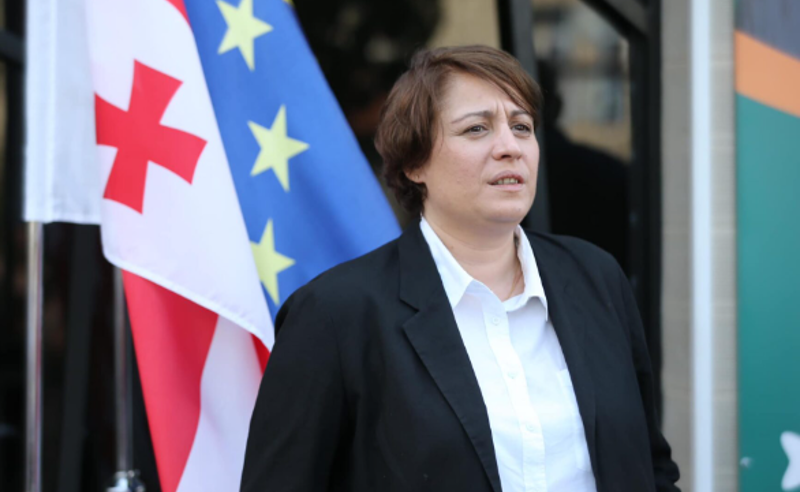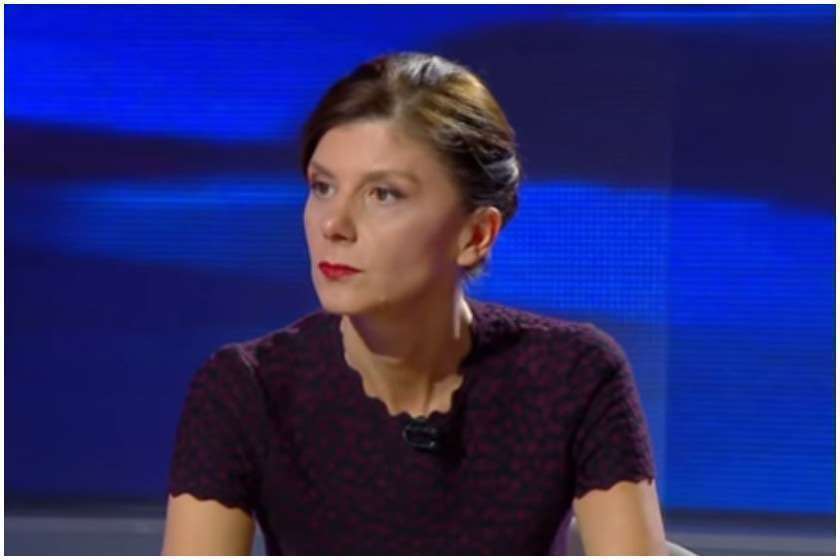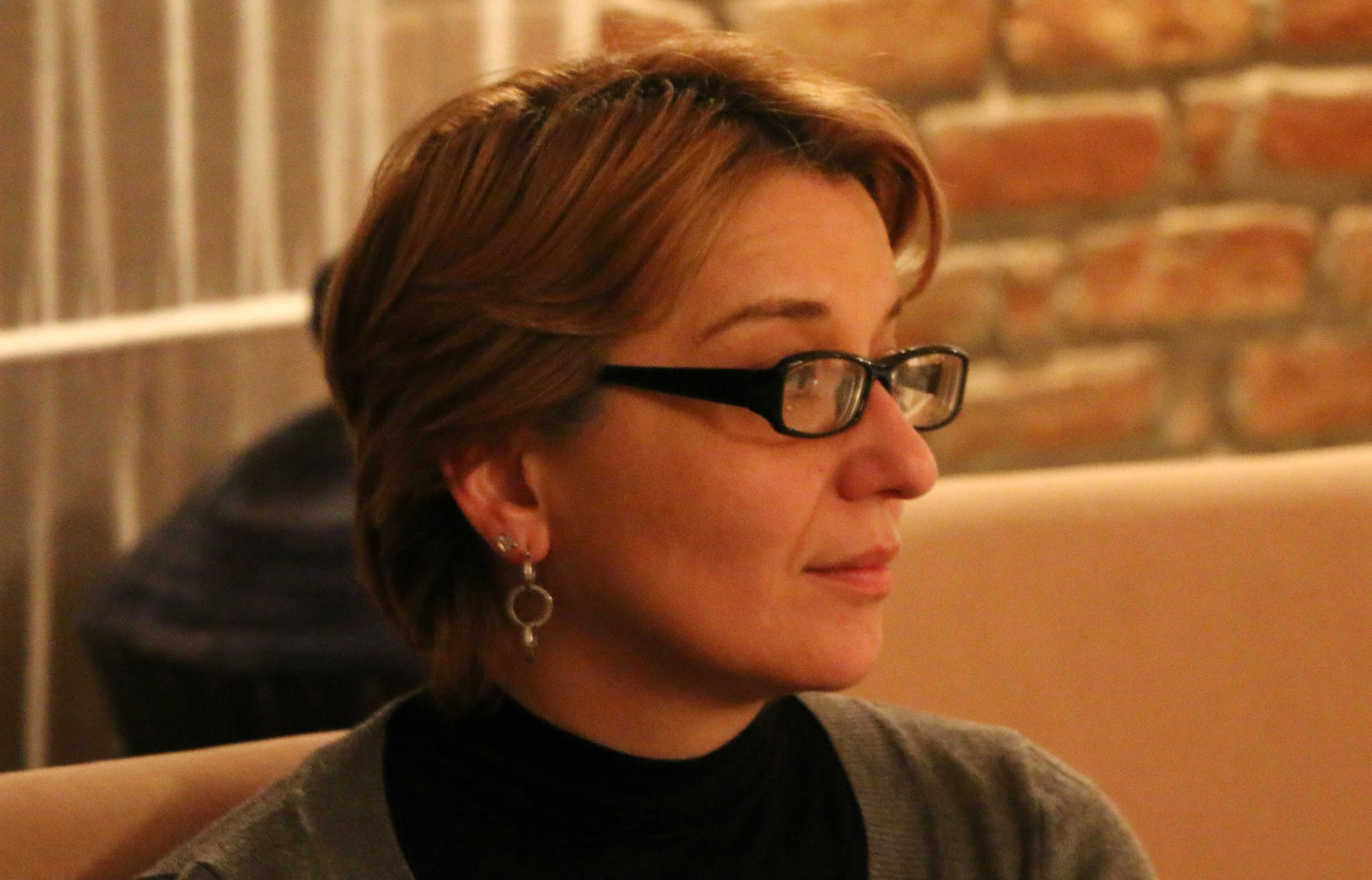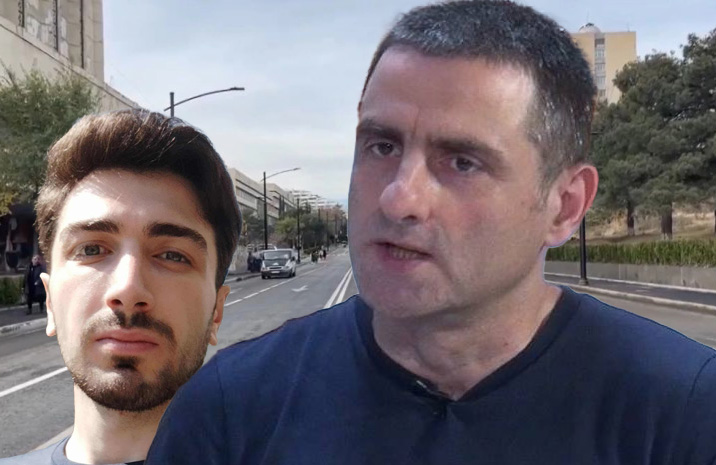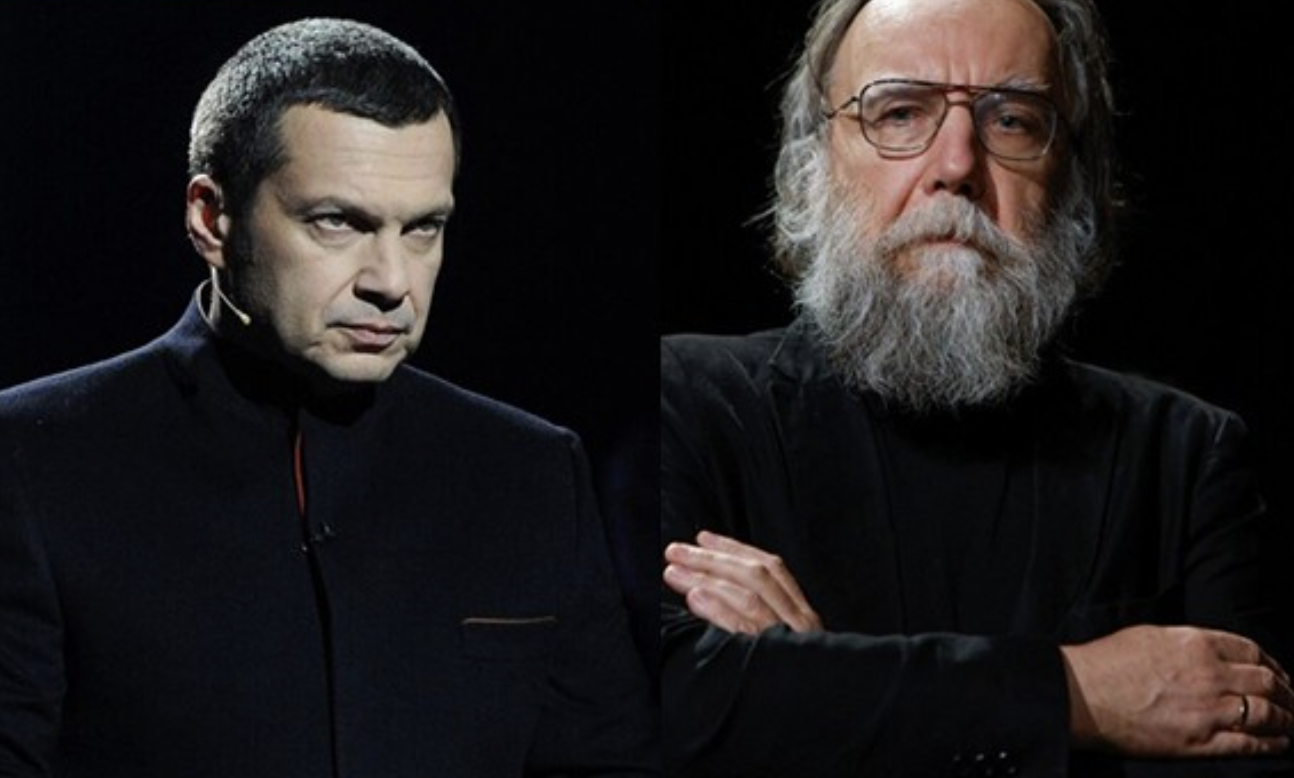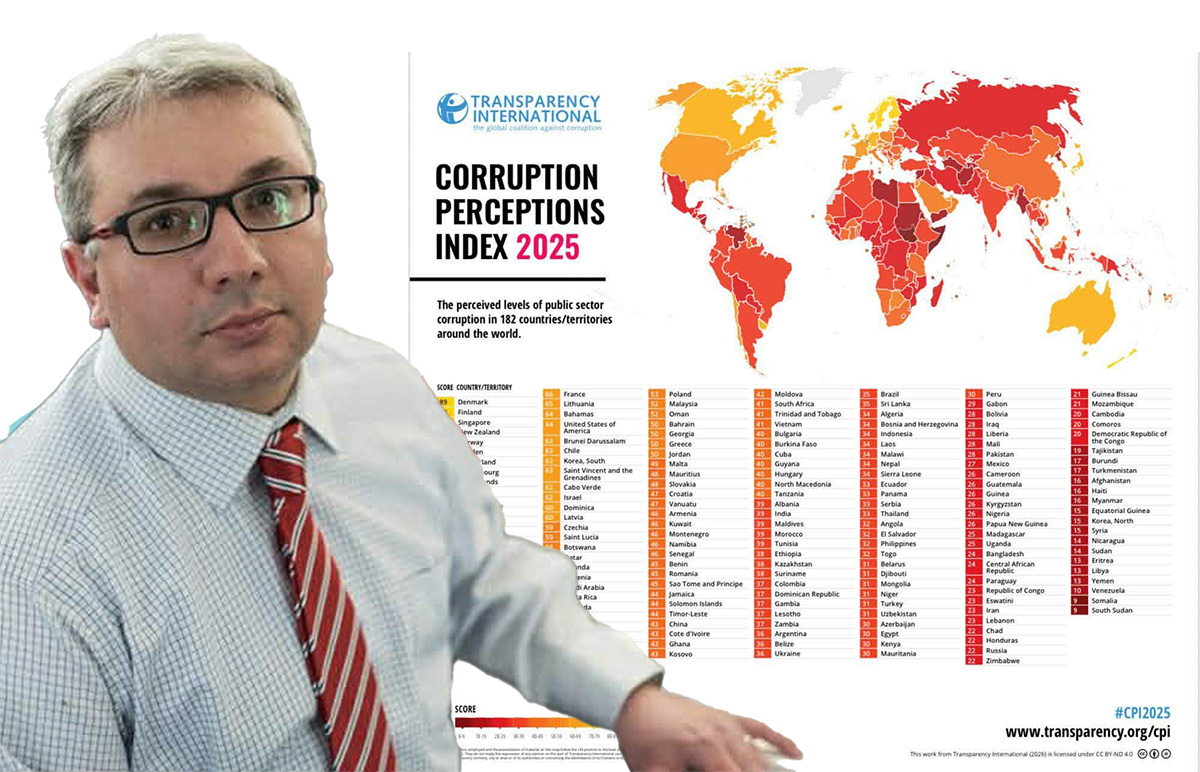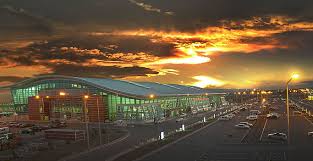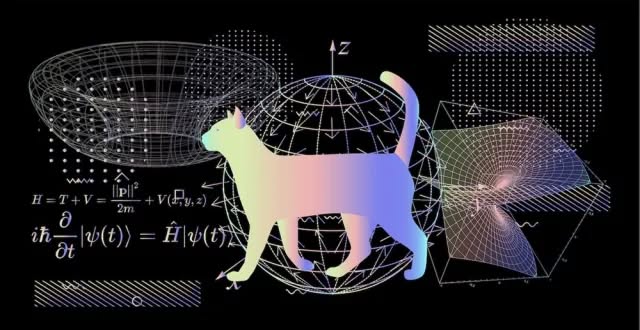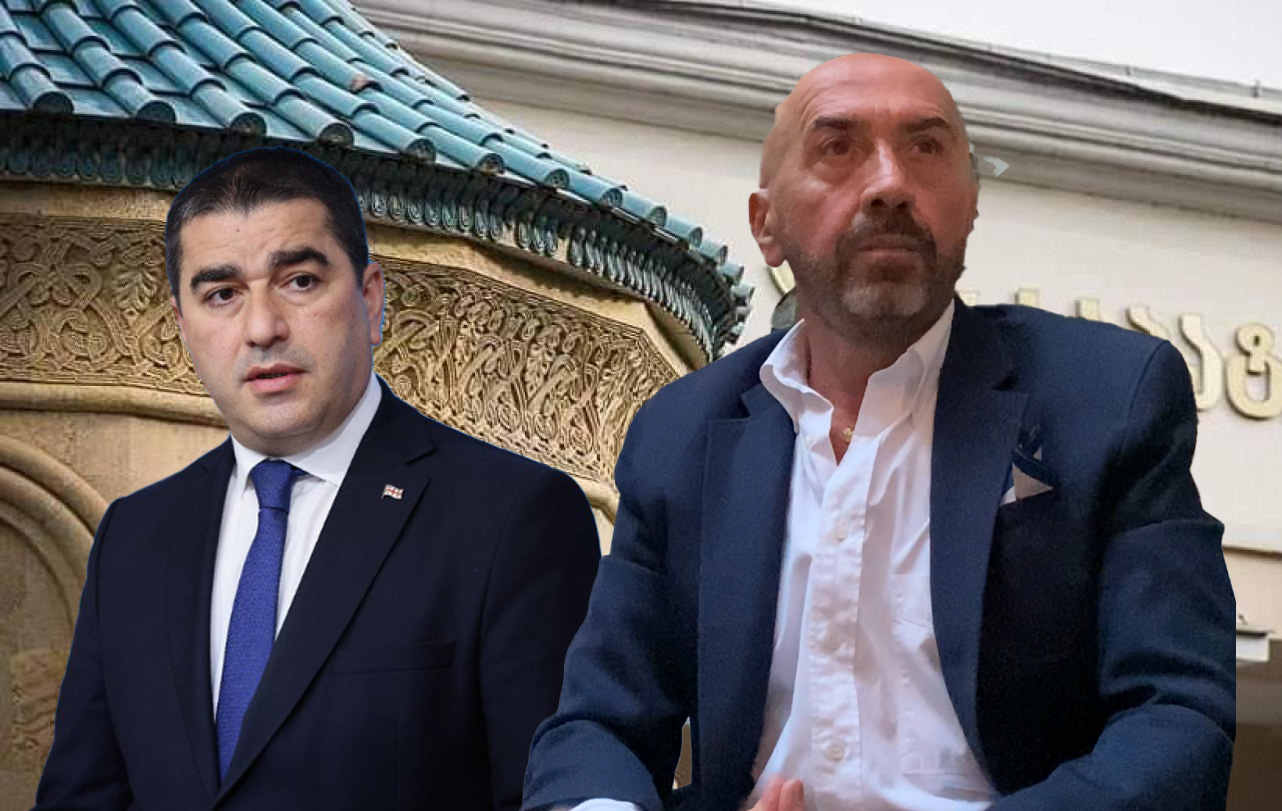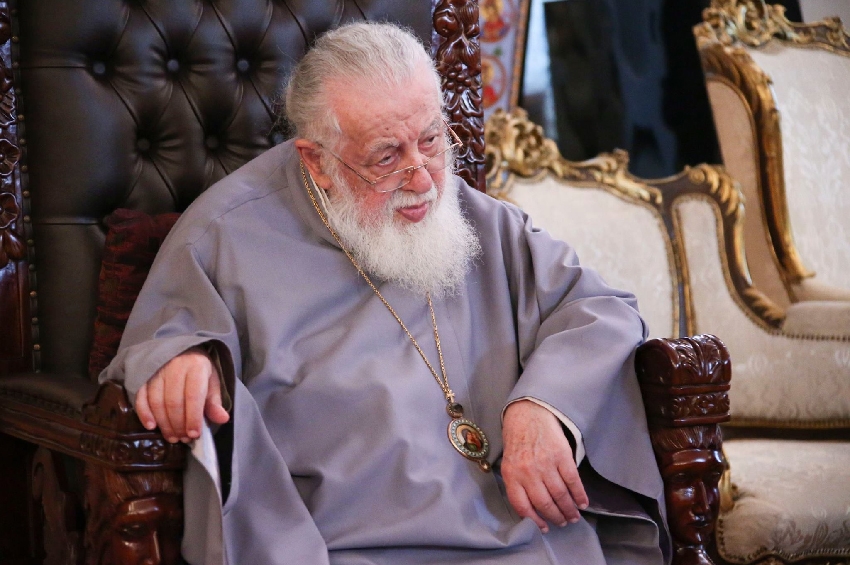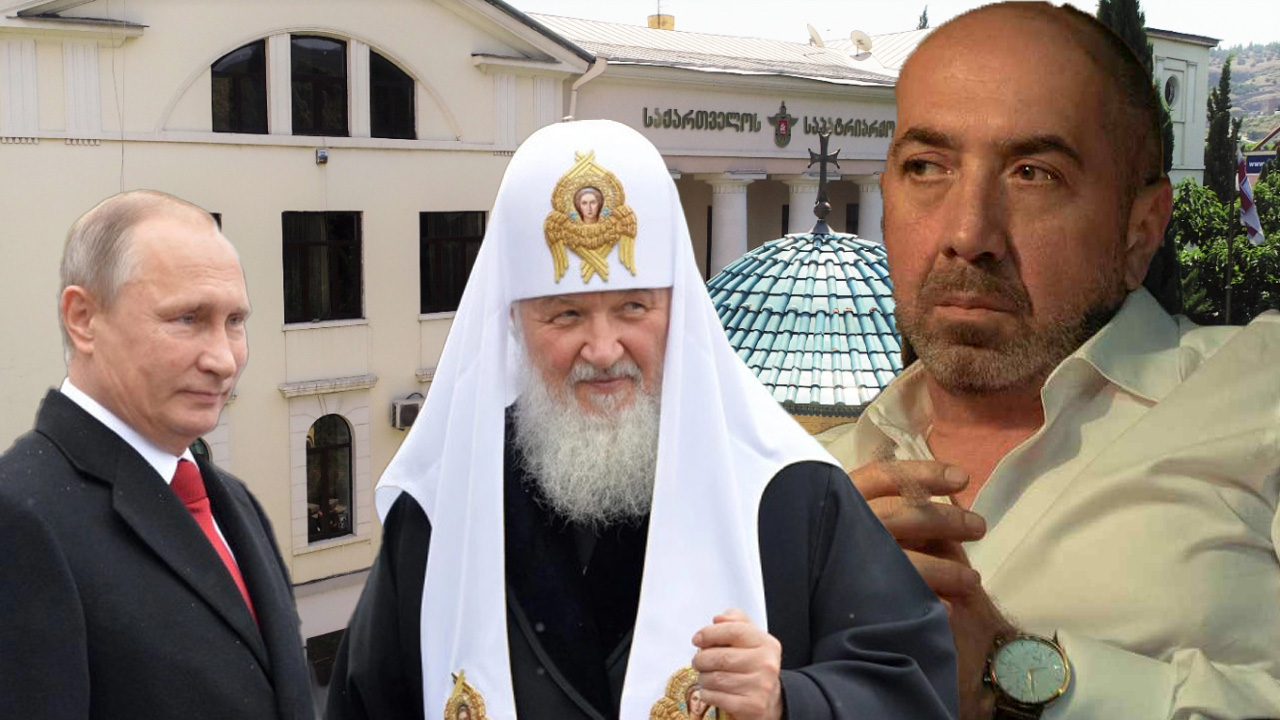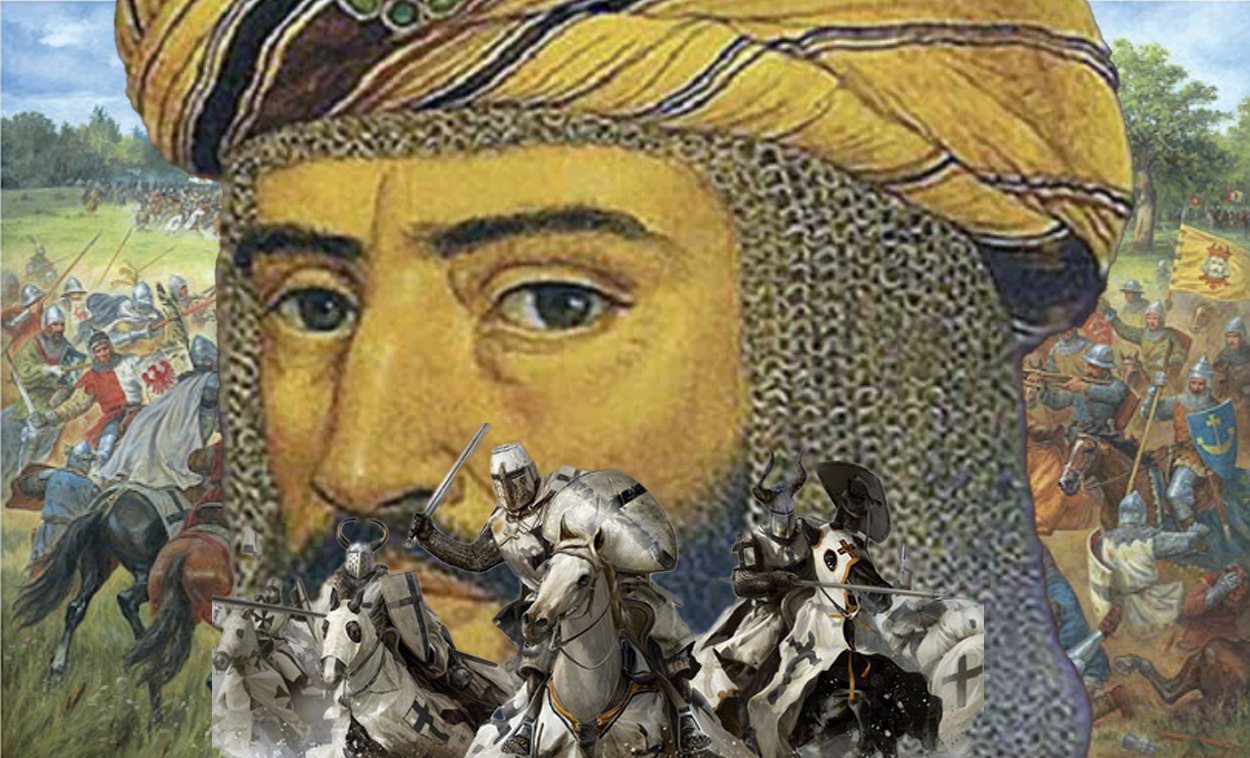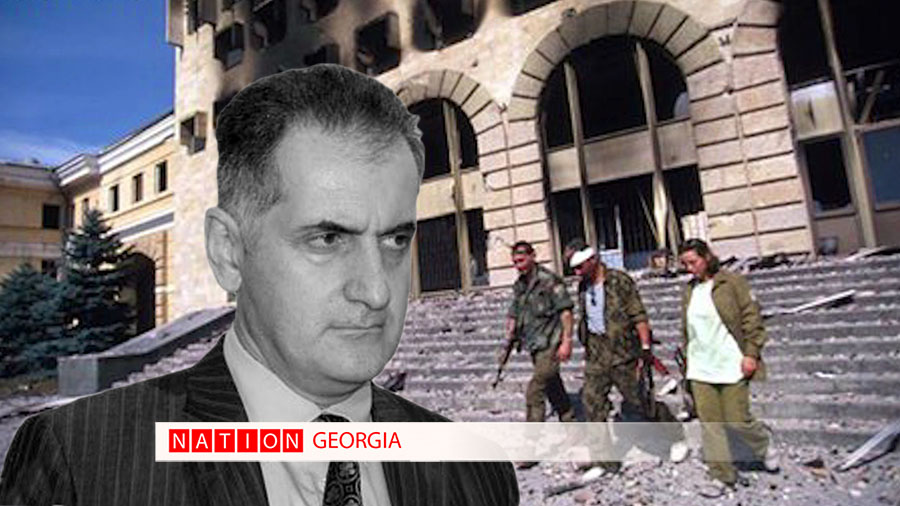Russian rocket puts two Iranian satellites into orbit
06.11.2024 ნახვები: 653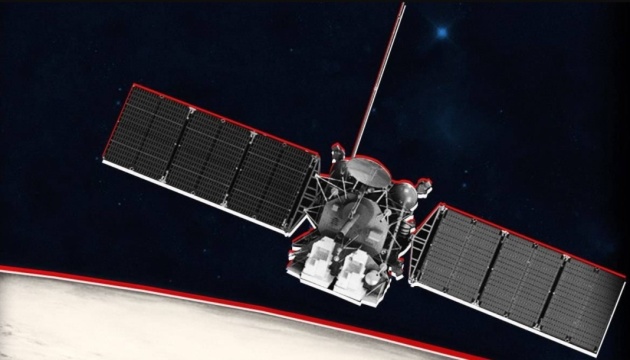
This was reported by Reuters and relayed by Ukrinform.
According to the Russian space agency Roscosmos, the Soyuz-2.1 launch spacecraft which lifted off from Vostochny Cosmodrome, carried two Ionosfera-M satellites into orbit. These satellites will be part of a space monitoring system for the Earth's ionosphere.
Each satellite weighs 430 kg and operates at an altitude of 820 km. Two more such devices are planned to be launched in 2025.
The Soyuz-2.1 also deployed 53 small satellites, including the two Iranian ones. One of them, Kowsar, is intended for high-resolution imaging, while the other, Hodhod, is a communication satellite. Additionally, the first Russian-Chinese student satellite, Druzhba ATURK, was launched.
In February, Russia launched an Iranian research satellite into space. According to Iranian media, it is designed to scan the country’s topography.
As Ukrinform reported, Russia sent Iranian satellites into orbit in February 2022. At that time, the United States expressed concern over the space cooperation between the two countries, fearing that the satellite would not only assist Russia in its war against Ukraine but also help Iran track potential military targets in Israel and throughout the Middle East.


